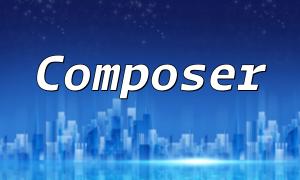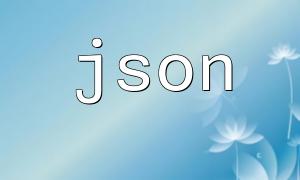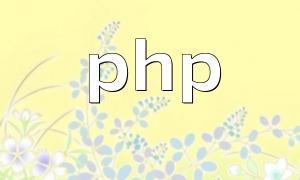Introduction
C and PHP are two widely used programming languages, each excelling in different domains of software development. This article offers an in-depth comparison of their key features and practical applications, guiding developers to make informed decisions based on project requirements.
Overview of the C Language
C is a powerful general-purpose programming language, known for its efficiency and control over system-level resources. It is widely used in the development of operating systems, compilers, and embedded systems. Key features of C include:
- High performance: C code runs close to the hardware, delivering exceptional speed and efficiency.
- Flexibility: Supports multiple programming paradigms including procedural and low-level memory manipulation.
- Portability: C programs can be compiled and run on a wide range of platforms.
Overview of the PHP Language
PHP (Hypertext Preprocessor) is a scripting language primarily designed for web development. Its simplicity and robust ecosystem make it a favorite among developers building dynamic web applications. Notable features of PHP include:
- Ease of learning: PHP’s syntax is beginner-friendly and allows for quick development.
- Extensive library support: A large number of open-source libraries and frameworks streamline the development process.
- Dynamic content generation: PHP integrates seamlessly with HTML to produce interactive web pages.
Similarities Between C and PHP
Despite targeting different use cases, C and PHP share some common attributes:
- Widespread usage: C dominates in system-level development, while PHP is prevalent in web development.
- Strong community support: Both languages have active user communities offering documentation, forums, and development tools.
Key Differences
Here are the fundamental distinctions between C and PHP:
- Typing system: C is statically typed, requiring explicit type declarations. PHP is dynamically typed, allowing flexible variable assignments.
- Execution environment: C programs are compiled to machine code for high-speed execution. PHP scripts are interpreted at runtime, emphasizing development agility.
- Use cases: C is ideal for performance-critical systems like kernels and embedded devices. PHP is optimized for web-based applications and services.
Use Cases for C
C excels in areas that demand high control and performance, such as:
- Operating system development: Many OS kernels, including Linux, are primarily written in C.
- Embedded systems: C is widely used in firmware and microcontroller programming.
- Game engines and graphics: High-efficiency C code is often used in core gaming frameworks and rendering engines.
Use Cases for PHP
PHP remains a staple in the web development ecosystem, including:
- Website development: Many content management systems (e.g., WordPress, Drupal) are PHP-based.
- E-commerce platforms: Tools like Magento and WooCommerce rely on PHP for robust online store functionality.
- API development: PHP supports RESTful API creation, facilitating modern frontend-backend architecture.
Conclusion
In summary, C and PHP serve different but equally important roles in programming. C is a top choice for low-level, performance-sensitive applications, while PHP offers rapid and efficient development for web-based solutions. Choosing the right language depends on your project’s technical goals and operational constraints, ensuring both performance and development speed are optimized.









